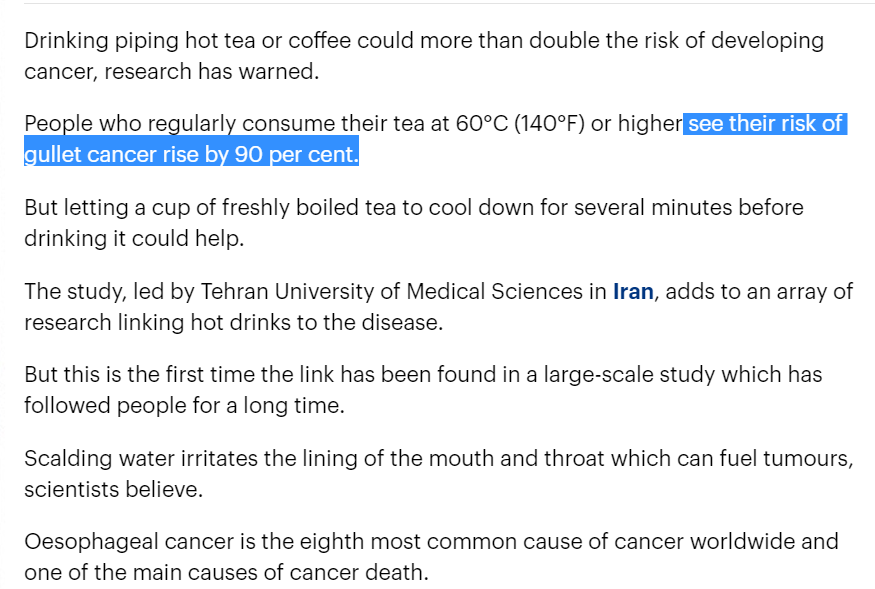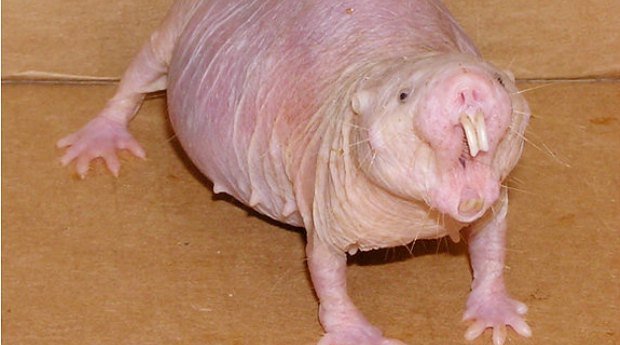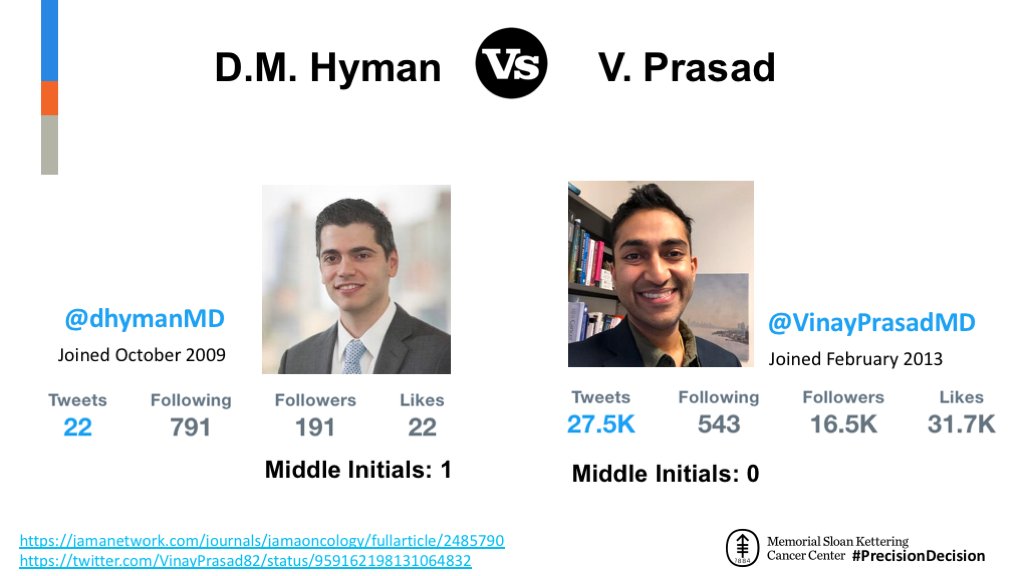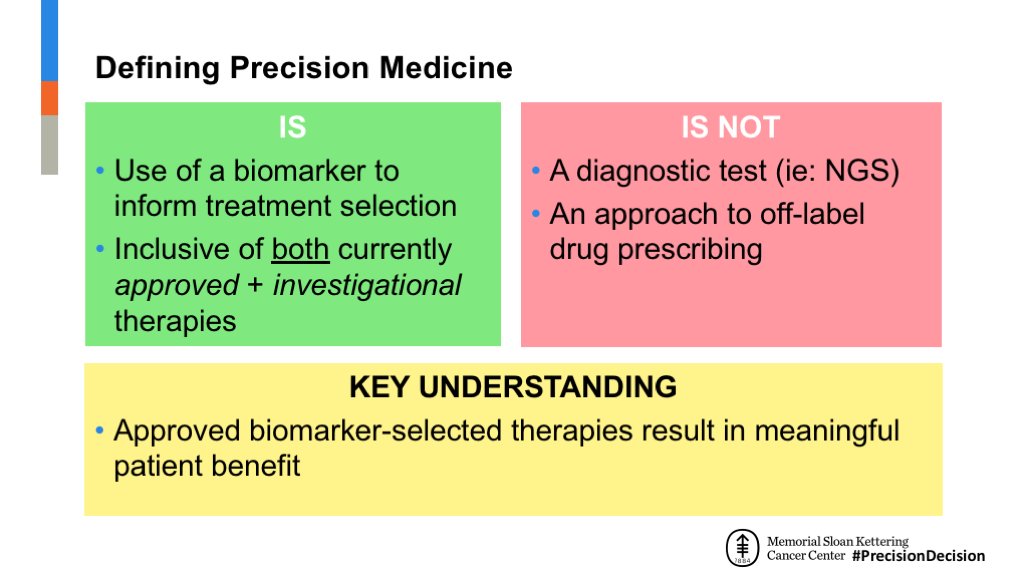No
This is a great example of problematic epidemiology reporting, so strap in and let's have some fun #epitwitter
Great read
Total population included in study = ~50,000
Total number of cancers = 317
Why might the 90% risk increase be misleading?
That means that the crude rate of cancer in this sample is 0.6%
But the crude rates will give us some information here
In the hot tea group = 87/10,799 = 0.81%
The unadjusted relative risk ratio is ~1.70
But what about the ABSOLUTE risk difference?
Absolute risk difference is p(1)-p(2) = 0.81-0.47 = 0.34 = 0.34% increased risk
THIS MAKES THE RESULTS MUCH LESS MEANINGFUL
But that's not the only issue here!
Why is that?
It's unlikely that the issues with tea heat measurement could've impacted group differences in cancer rates
Reverse causality
The hot tea/cancer hypothesis goes like this:
hot tea = damage to throat = cancer
The damage to their throat might have already happened
So rather than the above sequence, we might see
damage to throat = hot tea = cancer
Well, the hot tea drinkers were also older, smoked more, used opium more often, less wealthy, and drank more at baseline
(Also, lol, gullet cancer is a great name)
Maybe it's because TEA DRINKING IS SUPER SOCIAL AND HARD TO UNPICK FROM CONFOUNDERS
It's in caps because GODDAM IT I SAY THIS EVERY WEEK
Maybe
But the newspaper needs a story
And so we get "hot tea causes cancer"
Large epi study showed 0.34% absolute increase in risk of cancer associated with drinking the hottest tea compared to cold tea, in large amounts, every day for 10 years
Reverse causality and residual confounding remain an issue
Well, yes. The study was interesting, and well done
Do we think hot tea = cancer?














